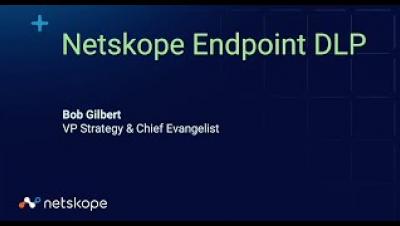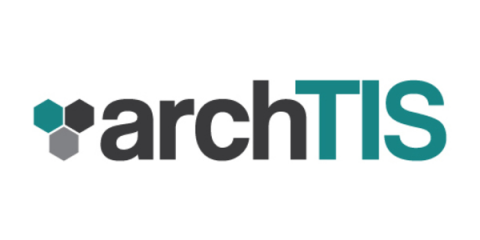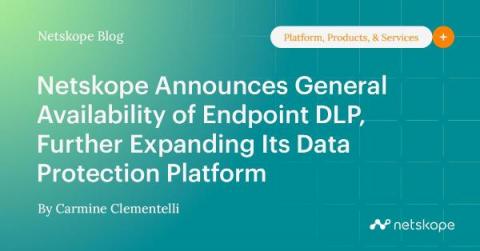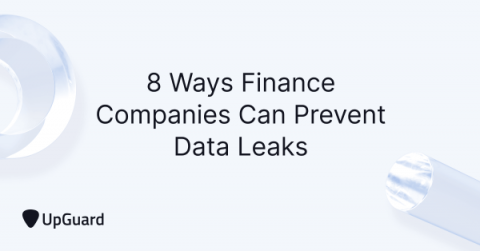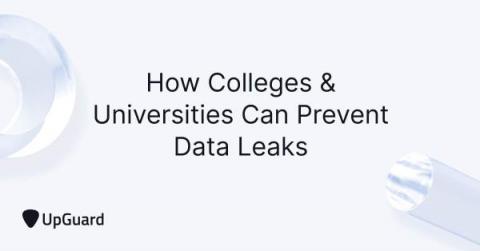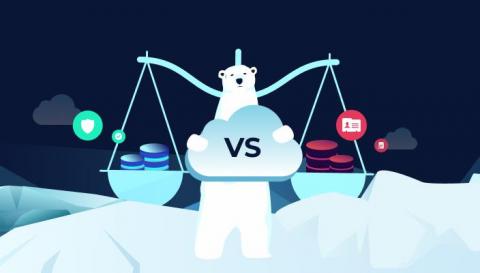Security | Threat Detection | Cyberattacks | DevSecOps | Compliance
Data Security
The latest News and Information on Data Security including privacy, protection, and encryption.
As Seen in ITWeb: ABAC vs RBAC: How to create data security, avoid permission creep
Guide to the best data privacy certifications for 2022
According to research by Statista, over 80% of internet users in the US fear that their personal information is vulnerable to hackers. Data privacy defines how organizations and other entities collect data on other individuals, how they process it, for what purposes they collect and process it, how long they keep it, and how they protect it, to name a few. In the modern digital environment, data privacy certifications are essential since they impart the skills needed to become privacy specialists.
Netskope Announces General Availability of Endpoint DLP, Further Expanding Its Data Protection Platform
Today we are proud to announce general availability of our patented cloud-based endpoint data loss prevention (DLP) solution. The release of endpoint DLP expands the already comprehensive Netskope DLP platform and represents a major milestone in data protection, as it enables customers to protect data anywhere, across their hybrid enterprise ecosystem and in the cloud. Let’s look at why this is so important.
8 Ways Finance Companies Can Prevent Data Leaks
The risk of a data breach is exceptionally high for financial organizations. Hackers recognize the high value financial data has on the dark web. Other cybercriminals pay significant amounts to get their hands on customers’ personally identifiable information (PII) and commit lucrative cybercrimes, like identity theft and insurance fraud. One of the most common ways cybercriminals gain access to this data is by exploiting data leaks.
How Colleges & Universities Can Prevent Data Leaks
Data leaks occur when organizations fail to implement proper cybersecurity measures, causing sensitive data and other personally identifiable information (PII) to be exposed to the public. In most cases, data leaks occur due to internal human errors, an oversight by the IT committee, or a lack of strong security practices.
US DoD's Adoption of Zero Trust Heats Up
How To Integrate Endpoint DLP Into Your Company's Security Policy
Even before the pandemic, many companies had a relaxed approach to the devices employees brought to work. In fact, many businesses had BYOD (bring your own device) policies that allowed team members to work on personal laptops or cell phones. By one account, 75% of employees use their personal cell phones for work. The rise of remote work has only escalated the use of tablets, laptops, and mobile phones for professional use.
Data Loss Prevention: Fundamentals and Best Practices
Every year, business owners grapple with the same question: how can I keep my data safe? The cost of a data leak can quickly escalate to over $7 million per incident, not to mention the damage to a business’s brand reputation and competitive advantage. And, unfortunately, cyber attacks are getting more sophisticated every year. There are many solutions on the market to help businesses protect their information.
Data Sovereignty vs. Data Residency: 3 Myths Uncovered
Data sovereignty and data residency are often confusing for businesses managing data across borders, especially with the rise in cloud infrastructure, multi-cloud, and hybrid. This issue is exacerbated when the term is used interchangeably. While they both relate to data - data sovereignty and data residency are two different things. Here's what they are in a nutshell: These terms are often used interchangeably, but there are important distinctions between the two.


